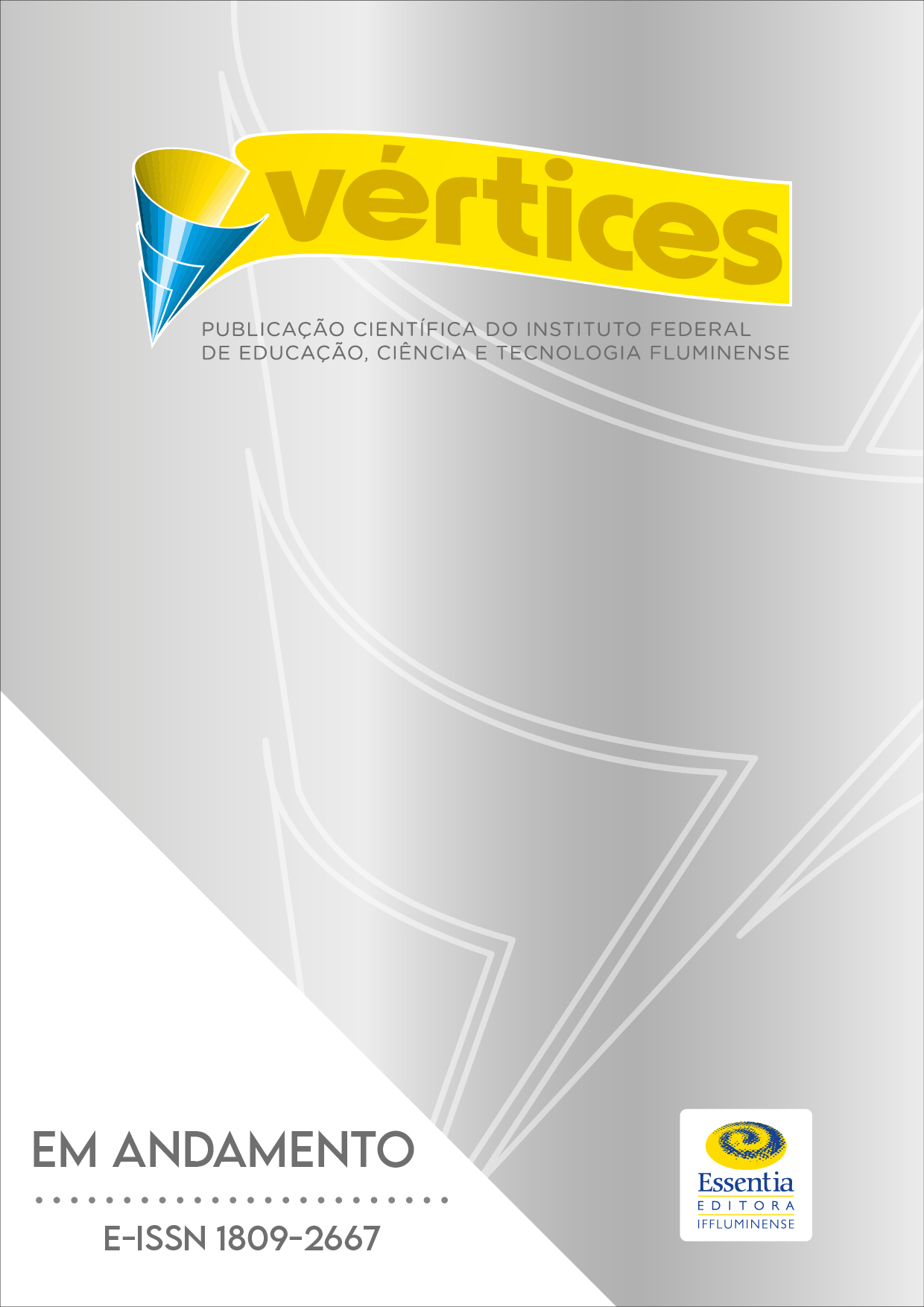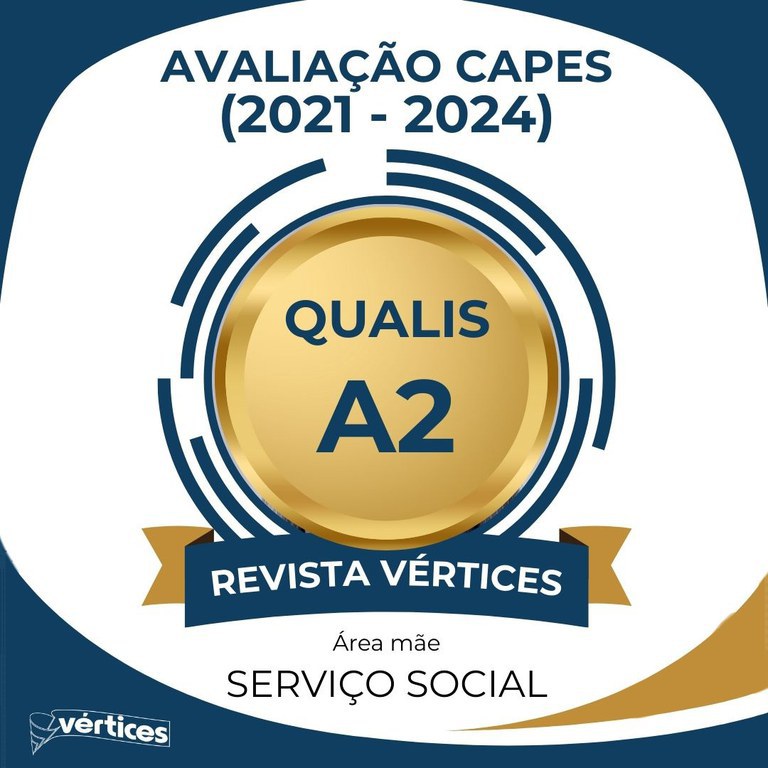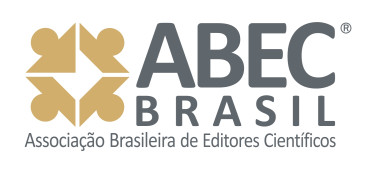Jogos digitais educacionais na EPT: um enfoque nas abordagens pedagógicas
DOI:
https://doi.org/10.19180/1809-2667.v26n22024.23383Palavras-chave:
jogos digitais educacionais, teorias de aprendizagem, elementos da mecânica de jogos, educação profissional e tecnológicaResumo
O objetivo desta pesquisa foi analisar os jogos digitais utilizados em práticas pedagógicas de professores do curso do Departamento de Computação (DECOM) do CEFET-MG, com o intuito de verificar se esses jogos podem ser classificados como educacionais. Os principais autores que fizeram parte do referencial teórico acerca de games e design de jogos foram: Man (2021), Schell (2011), Boller (2013) e Reeve (2012). Sobre games e aprendizagem: Ang, Auni e Zaphiris (2008), Fardo (2013) e Prensky (2012). Sobre as abordagens pedagógicas: Lima (2018), Leão (2021) e Siemens (2004). Sobre a Educação Profissional e Tecnológica: Dallabona e Fariniuk (2016). Metodologicamente, a pesquisa foi qualitativa e do tipo descritiva. O procedimento técnico foi uma experimentação nos jogos digitais (Robocode, Flexbox Froggy e Gridgarden). Concluiu-se que esses jogos podem ser classificados como educacionais, pois possuem elementos da mecânica dos jogos e os princípios de uma ou mais abordagens pedagógicas.Downloads
Referências
ANG, C. S.; AVNI, E.; ZAPHIRIS, P. Linking pedagogical theory of computer games to their usability. International Journal on E-Learning, v. 7, n. 3, p. 533-558, 2008.
BISSOLOTTI, K.; PEREIRA, A. T. C. Análise de sistemas de aprendizagem gamificados. In: CONGRESSO INTERNACIONAL DE AMBIENTES HIPERMÍDIA PARA APRENDIZAGEM, CINAHPA, 16., 2017, Palhoça/SC. Proceedings […]. São Paulo: Blucher, 2017. p. 521-534 . DOI: https://doi.org/10.5151/16ergodesign-0052. Disponível em: https://www.proceedings.blucher.com.br/article-details/25608. Acesso em: 8 jan. 2025.
BOLLER, S. Aprendendo design de jogos: mecânica de jogos. 2013.
BOZZETO, E. Engenharia da computação trabalha com jogos eletrônicos. 2007. Disponível em: https://www.univates.br/noticia/3387-engenharia-da-computacao-trabalha-com-jogos-eletronicos. Acesso em: 26 jan. 2023.
CRAWFORD, C. The art of digital game design. Washington State University: Vancouver, 2011.
DALLABONA, C. A.; FARINIUK, T. M. D. EPT no Brasil: histórico, panorama e perspectivas. Poiésis - Revista do Programa de Pós-Graduação em Educação, v. 10, n. Especial, p. 46-65, 2016. DOI: https://doi.org/10.19177/prppge.v10e0201646-65. Disponível em: https://portaldeperiodicos.animaeducacao.com.br/index.php/Poiesis/article/view/3899. Acesso em: 8 jan. 2025.
FARDO, M. L. A gamificação aplicada em ambientes de aprendizagem. RENOTE: Revista Novas Tecnologias na Educação, Porto Alegre, v. 11, n. 1, p. 1-9, 2013. DOI: https://doi.org/10.22456/1679-1916.41629. Disponível em: https://seer.ufrgs.br/renote/article/view/41629. Acesso em: 18 jan. 2023.
GEE, J. P. what video games have to teach us about learning and literacy. New York: Macmillan, 2007.
GROSSI, M. G. R.; LEAL, D. C. C. C. Análise dos objetos de aprendizagem utilizados em curso técnico de meio ambiente a distância. Ciência & Educação, Bauru, v. 26, e20032, 2020. DOI: https://doi.org/10.1590/1516-731320200032. Disponível em: https://www.scielo.br/j/ciedu/a/CTCX7CkK7LBY3VKnXr6StGs/. Acesso em: 18 jan. 2023.
HUIZINGA, J. Homo Ludens: o jogo como elemento da cultura. 28. ed. São Paulo: Perspectiva, 2012.
HWANG, G.-J.; LEE, H.-Y.; CHEN, C.-H. Lessons learned from integrating concept mapping and gaming approaches into learning scenarios using mobile devices: analysis of an activity for a geology course. International Journal of Mobile Learning and Organisation, v.13, n. 3, p. 286-308, 2019. DOI: https://doi.org/10.1504/IJMLO.2019.100412. Disponível em: https://www.inderscience.com/offers.php?id=100412. Acesso em: 20 jan. 2023.
LEÃO, A. F. C.; GOI, M. E. J. Um olhar na teoria da aprendizagem de Bruner sobre o ensino de Ciências. Research, Society and Development, v. 10, n. 13, p. e367101321214, 2021. DOI: https://doi.org/10.33448/rsd-v10i13.21214. Disponível em: https://rsdjournal.org/index.php/rsd/article/view/21214. Acesso em: 20 jan. 2023.
LIMA, L. D. Teoria humanista: Carl Rogers e a educação. Caderno de Graduação-Ciências Humanas e Sociais-UNIT-Alagoas, v. 4, n. 3, p. 161-172, 2018.
MAN, C. K. Game elements, components, mechanics and dynamics: what are they? Creative culture, 2021. Disponível em: https://medium.com/creative-culture-my/game-elements-components-mechanics-and-dynamics-what-are-they-80c0e64d6164. Acesso em: 20 dez. 2022.
MINODA, D. S. Mecânica de jogos digitais educacionais: um olhar sob a perspectiva das teorias de aprendizagem na educação profissional e tecnológica. 2022. 92f. Dissertação (Mestrado em Educação Tecnológica) – Programa de Pós-Graduação em Educação Tecnológica, Centro Federal em Educação Tecnológica, Belo Horizonte, 2022.
NIESS, G.; ROUBAL, A.; THURNER, S.; ROQUE, E. B. CSS Grid Layouts. 2019. Disponível em: https://courses.isds.tugraz.at/iaweb/surveys/ws2019/iaweb-ws2019-g1-survey-css-grid.pdf. Acesso em: 16 dez. 2022.
NUNES, A. L. V. Introdução à Psicologia da Aprendizagem. São Cristóvão: Universidade Federal de Sergipe, CESAD, 2007. Disponível em: https://cesad.ufs.br/ORBI/public/uploadCatalago/16541216022012Introducao_a_Psicologia_da_Aprendizagem_Aula_1.pdf. Acesso em: 12 dez. 2022.
PAPERT, Seymour. LOGO: Computadores e Educação. São Paulo: Brasiliense, 1986.
PRENSKY, M. Aprendizagem baseada em jogos digitais. São Paulo: Senac, 2012.
REEVE, C. Game mechanics and learning theory. 2012.
ROBOCODE. Robocode: Build the best - destroy the rest! 2022. Disponível em: https://robocode.sourceforge.io/. Acesso em: 16 nov. 2022.
SALEN, K.; ZIMMERMAN, E. Rules of play: game design fundamentals. Cambridge, Mass.: MIT Press, 2003.
SCHELL, J. A arte de game design: o livro original. Rio de Janeiro: Elsevier, 2011.
SCHUYTEMA, P. Design de games: uma abordagem prática. São Paulo: Cengage Learning, 2008.
SIEMENS, G. Connectivism: A learning theory for the digital age. International Journal of Instructional Technology and Distance Learning, v. 2, p. 3-10, 2004. Disponível em: https://www.itdl.org/Journal/Jan_05/article01.htm. Acesso em: 16 nov. 2022.
TAVARES, R. Fundamentos de game design para educadores e não especialistas. In: SANTAELLA, L.; FEITOZA, M. Mapa do Jogo: a diversidade cultural dos games. São Paulo: Cengage Learning, 2009.
WERBACH, K.; HUNTER, D. For The Win: How Game Thinking Can Revolutionize Your Business. Philadelphia: Wharton Digital Press, 2012.
Downloads
Publicado
Edição
Seção
Licença
Copyright (c) 2025 Dalva de Souza Minoda, Márcia Gorett Ribeiro Grossi

Este trabalho está licenciado sob uma licença Creative Commons Attribution 4.0 International License.
Os autores do manuscrito submetido à revista Vértices, representados aqui pelo autor correspondente, concordam com os seguintes termos:
Os autores mantêm os direitos autorais e concedem sem ônus financeiro à revista Vértices o direito de primeira publicação.
Simultaneamente o trabalho está licenciado sob a Licença Creative Commons Atribuição 4.0 Internacional (CC BY 4.0), que permite copiar e redistribuir os trabalhos por qualquer meio ou formato, e também para, tendo como base o seu conteúdo, reutilizar, transformar ou criar, com propósitos legais, até comerciais, desde que citada a fonte.
Os autores não receberão nenhuma retribuição material pelo manuscrito e a Essentia Editora irá disponibilizá-lo on-line no modo Open Access, mediante sistema próprio ou de outros bancos de dados.
Os autores têm autorização para assumir contratos adicionais separadamente, para distribuição não exclusiva da versão do trabalho publicada na revista Vértices (ex.: publicar em repositório institucional ou como capítulo de livro), com reconhecimento de autoria e publicação inicial neste periódico.
Os autores têm permissão e são estimulados a divulgar e distribuir seu trabalho online na versão final (posprint) publicada pela revista Vértices em diferentes fontes de informação (ex.: em repositórios institucionais ou na sua página pessoal) a qualquer tempo posterior à primeira publicação do artigo.
A Essentia Editora poderá efetuar, nos originais, alterações de ordem normativa, ortográfica e gramatical, com o intuito de manter o padrão culto da língua, contando com a anuência final dos autores.
As opiniões emitidas no manuscrito são de exclusiva responsabilidade do(s) autor(es).
























1.png)



